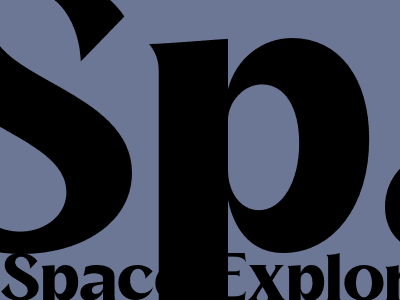
Space Exploration: Falcon 9 Rocket Launch to Carry Optus Satellite from Cape Canaveral
Mission Details and Launch Preparations
Space Exploration Technologies Corp. (SpaceX) is gearing up for the launch of its Falcon 9 rocket from the historic Launch Complex 39A at the John F. Kennedy Space Center in Cape Canaveral, Florida. The mission, scheduled for launch in the coming weeks, will carry the Optus 11 satellite into orbit for Australian telecommunications company Optus.
The Falcon 9 rocket will utilize its reusable first stage, which has successfully landed back on Earth after previous missions. This reuse of components significantly reduces the cost of space launches and allows SpaceX to offer competitive pricing.
Optus 11 Satellite and Its Purpose
The Optus 11 satellite is a high-throughput communications satellite that will provide enhanced broadband services to Australia, New Zealand, and the Asia-Pacific region. It will replace the existing Optus 10 satellite and offer increased capacity and coverage.
Optus 11 will be positioned in geostationary orbit approximately 36,000 kilometers above the Earth's equator, where it will provide continuous connectivity for telecommunications, internet, and broadcasting services.
Significance of the Mission
The launch of Falcon 9 carrying Optus 11 marks another milestone in the commercialization of space. It demonstrates the growing demand for satellite-based communications and the ability of private companies like SpaceX to provide cost-effective and reliable launch services.
Furthermore, the mission highlights the continued importance of the Kennedy Space Center and Cape Canaveral as a hub for space exploration and launch activities.
Impact on Space Exploration
The success of Falcon 9 launches and the deployment of satellites like Optus 11 contribute to the advancement of space exploration and the expansion of human presence beyond Earth.
These missions provide valuable data and experience that can pave the way for future endeavors, such as manned missions to Mars and beyond.